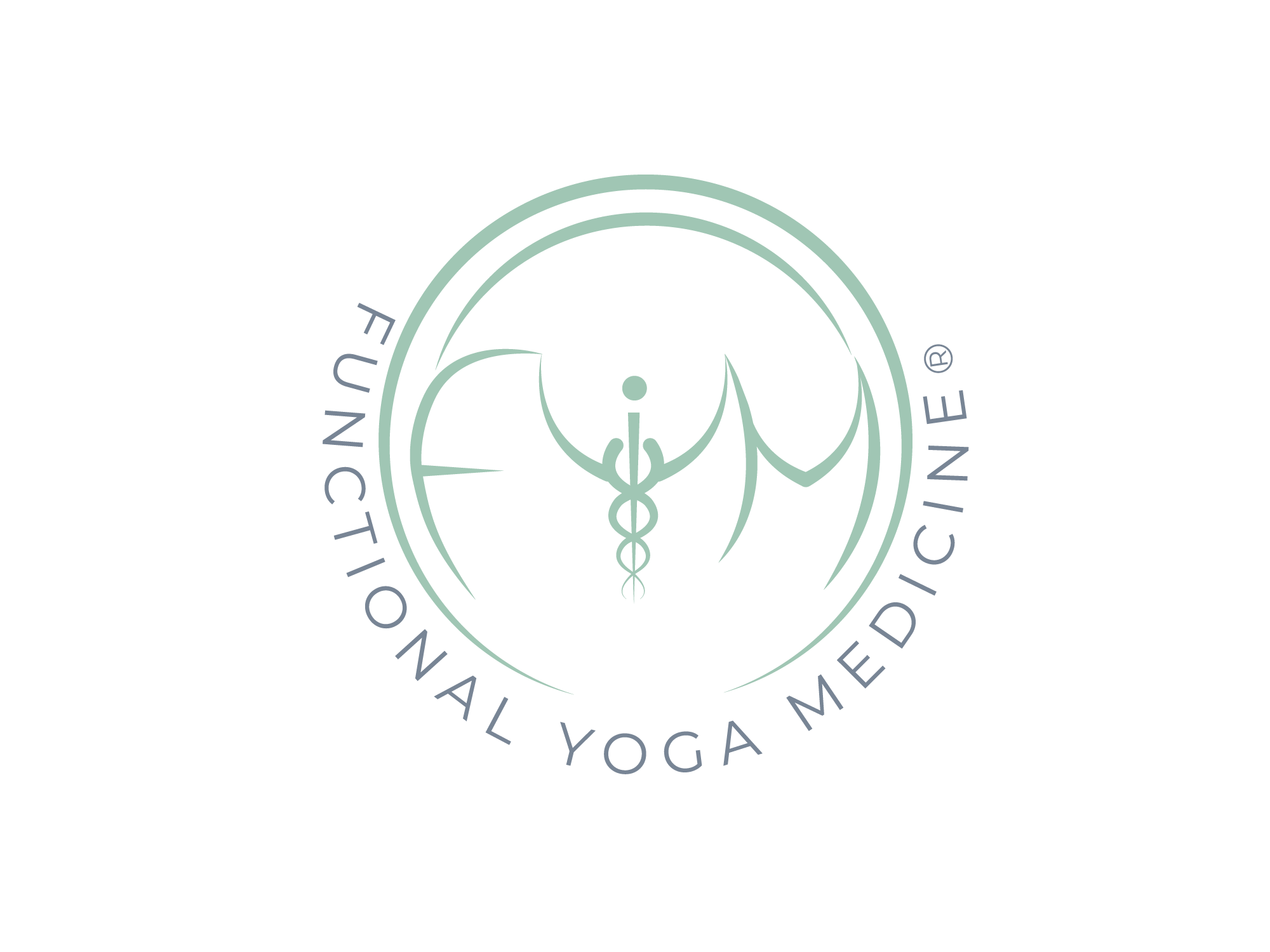
Life is tough, and from your twenties all the way up into your fifties, life is all about hormones and kids. In your early twenties you do not want to become pregnant. In a few short years, you may be praying to get pregnant and start a family. After that, you raise your own kids, fighting the teenage hormone battle all over again (didn’t you already do that?). Then you hit menopause and your own hormone fluctuations happen again. While this is not the pattern of life everyone chooses, everyone woman can identify with raging hormones. Two of these life periods (no pun intended… ok maybe it was) can leave you susceptible to decreased nutritional status: trying not to have kids and menopause. Difficult hormones are indeed difficult!
 including many B vitamins (thiamin, riboflavin, niacin, folic acid, B6 and B12), vitamin C, magnesium, selenium, and zinc.
including many B vitamins (thiamin, riboflavin, niacin, folic acid, B6 and B12), vitamin C, magnesium, selenium, and zinc.Hormone Replacement Therapy (HRT) is the treatment to alleviate the effects of menopause or osteoporosis with estrogen. The HRT process can be harmful in many ways (you should talk to your doctor about the risks), but just like oral contraceptives, HRT depletes thiamine, riboflavin, niacin, folic acid, B6 and B12, vitamin C, magnesium, selenium, and zinc.
These vitamins and minerals are used to keep the heart functioning adequately. Without them, menopausal women are more prone to heart disease. With heart disease ranked as the number 1 leading cause of death in Americans, it is important to decrease the risk factors. Replenishing the vitamin and mineral stores can be done through foods and supplementation. Food, because it is more bioavailable (easier for your body to absorb), is the best way to increase nutrient stores. If you are taking a supplement, know that not all supplements are created equal. Supplements are very loosely regulated, so talk to your doctor or registered dietitian to find the best option for you.

